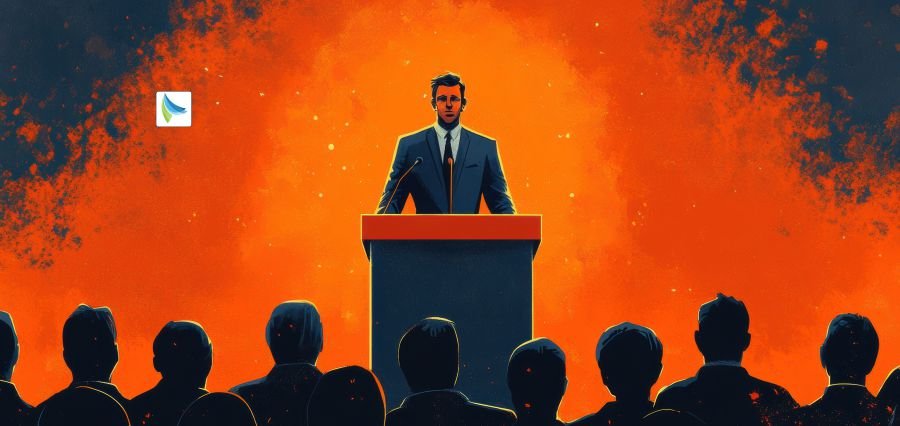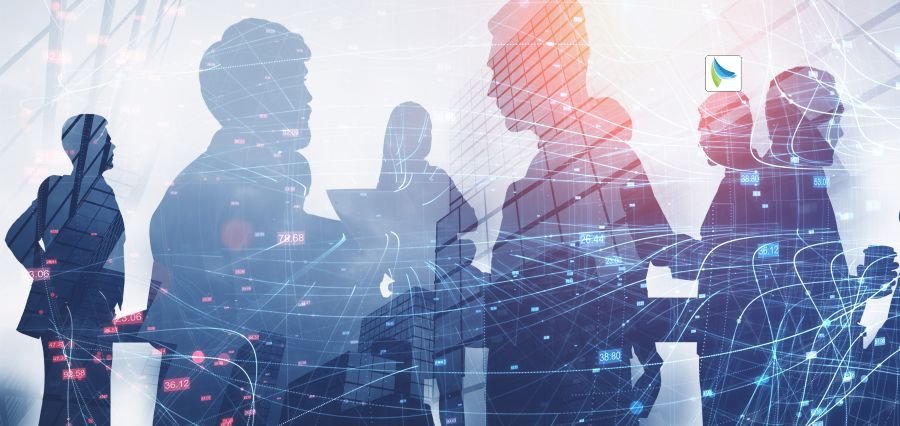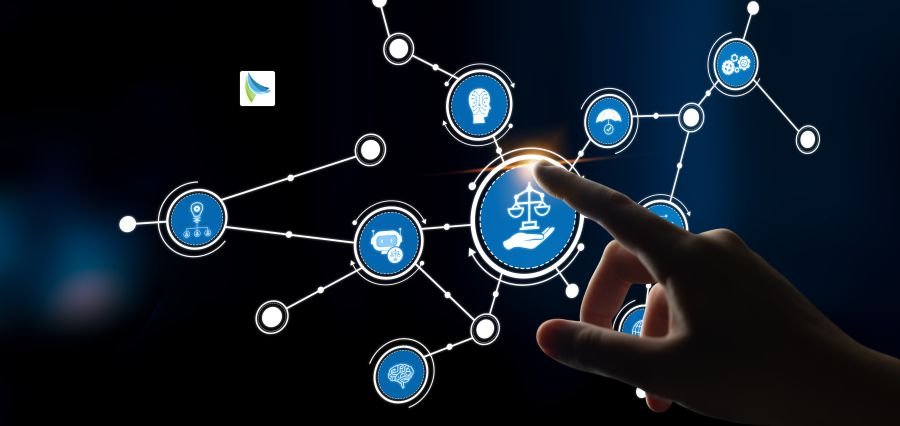In the current high-speed, high-stress work environment, the employee is no longer content with a simple paycheck—they want meaning, purpose, and a job of integrity. As businesses struggle to create healthier cultures and more engaged employees, one of the most potent yet under-leveraged assets is emerging: self-help knowledge.
Originally used as a personal development aid, self-help philosophy now is entering the workplace, influencing management techniques to teamworking and well-being. The take-up of these philosophies by the workplace environment is changing the way people engage with their work, their peers, and themselves.
The Essence of Self-Help Wisdom
Self-help wisdom is pre-sifted knowledge gained from books, life, inspirational talks, and life coaches that teach individuals to self-manage. Self-help wisdom tells individuals to be aware, tough, emotionally smart, goal-focused, and self-aware—competencies that not only serve people well in life, but also in business.
For decades, platitudes like “You are the CEO of your life” or “Progress, not perfection” were confined to motivational seminars and private diaries. Today, these catchphrases are being used in boardrooms and open offices, helping employees manage stress, be more effective, and learn leadership.
Self-Help Wisdom and Employee Empowerment
Empowering individuals is one of the central contributions of self-help philosophy to organizational culture. Employees who are taught individual development philosophies learn how to be assertive. They fix problems rather than complaining, and they are growth-minded and not perfectionist.
When employees adopt the philosophy of constant self-self-development, this translates automatically in their work culture. They are more open to criticism, self-motivated when it comes to learning new skills, and less fixated on failures. This attitude change gives rise to a high-performance culture with a learning and accountability orientation.
Leaders Who Lead from Within
Leadership is different. The time of exercising power on hierarchal grounds is over. Leaders who exercise influence nowadays are those who lead with empathy, genuineness, and self-knowledge—values that are synonymous with self-help ideology.
When the leaders are engaged in personal growth, they show their vulnerability and strength to the team. They build psychological safety and make it possible for team members to speak freely, add ideas, and admit mistakes without being criticized. This creates the type of environment where innovation can flourish, and trust has been built.
For example, a present-minded supervisor may encourage employees to take mini wellness breaks when they are stressed out. Or a visionary leader may introduce quarterly vision board workshops on the importance of affirmation and goal setting. These are small steps with a ripple effect in the workplace and result in a more friendly and diverse workplace.
From Burnout to Balance: A Cultural Shift
One of the worst issues facing the workforce today is burnout. Under the relentless pressure to be productive, there are more employees who are overwhelmed, emotionally depleted, and disconnected. Self-help literature offers remedies to resist this tide.
Activities like meditation, journaling, visualization, and gratitude training, if used as routines, can considerably lower the stress level. Organizations that promote these through operating wellness schemes or flexible working practices show their interest in overall well-being of staff.
Above all, they’re not only benefits—they’re intelligent investments. Studies have shown that workers whose emotional and mental needs are being satisfied tend to be more committed, motivated, and productive. By connecting corporate culture to self-help values, business firms can cut turnover and absenteeism by half.
Creating a Self-Help-Inspired Culture
There is no revolution needed in bringing self-help wisdom into office culture. It starts with humble, consistent steps that build personal growth and emotional intelligence. This is where companies can begin:
- Foster Open Discussions – Conduct forums for staff to share their personal growth stories, books they’re reading, or new learnings.
- Embed Learning Tools – Introduce self-help books, online courses, or bring in motivational speakers once a month.
- Normalize Emotional Well-being – Treat mental health as equal to physical well-being. Encourage therapy, coaching, or mental health days.
- Recognize Personal Development – Reward individuals that show resilience, creativity, or improved people skills, the same way you reward KPIs.
- Lead from the Front – Leaders’ willingness to share their own faults and growth pathways frees others to be more authentic and present.
Consider the example of Sarah, a mid-level marketing career professional who was once an imposter syndrome sufferer. It was only after her team leader suggested she read a bestseller self-help novel that she began practicing daily affirmations and journaling. Slowly, Sarah gained confidence, spoke freely of her ideas during meetings, and even ventured into a mentorship role.
Or take Raj, a supervisor, who started having “Mindful Mondays” where his staff begin the week with five minutes of breathing and an inspiring quote. Productivity and teamwork soared in months.
These all point to a higher truth: when employees are empowered to be their best selves, they’re going to work more harmoniously together in the workplace because of it.
Conclusion: A Better Workplace Begins Within
The merging of self-help principles with company culture is not a passing phenomenon—it’s a perceptive change. It’s a coming to grips with the fact that employees are not mere employees; they are human beings with dreams, concerns, and a need to grow.
Through embracing the philosophies of self-help intelligence—tenacity, presence, compassion, and continuous development—companies build cultures where profits and people thrive. And in the process, they not only improve work performance but help to build a more human, mission-driven work world.
The future of work is not just the automation and the innovation—it’s also awareness, emotional intelligence, and inner leadership. And the future is already here.
Read More: Social Media Integration in Modern Resort Management Strategies












